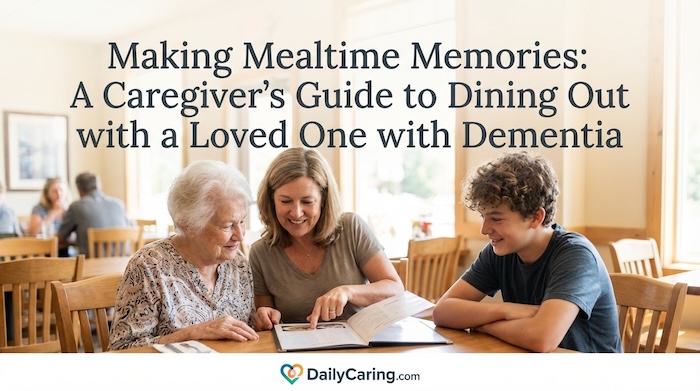Dementia causes problems with short-term memory, and thus, your loved one may repeat the same questions. It’s essential to arm yourself with the proper techniques to change the subject or stop the flow of questions before you get too frustrated by a constant barrage of repetitive questions. In this piece, we provide four tips for responding to repeated questions from someone with…




















